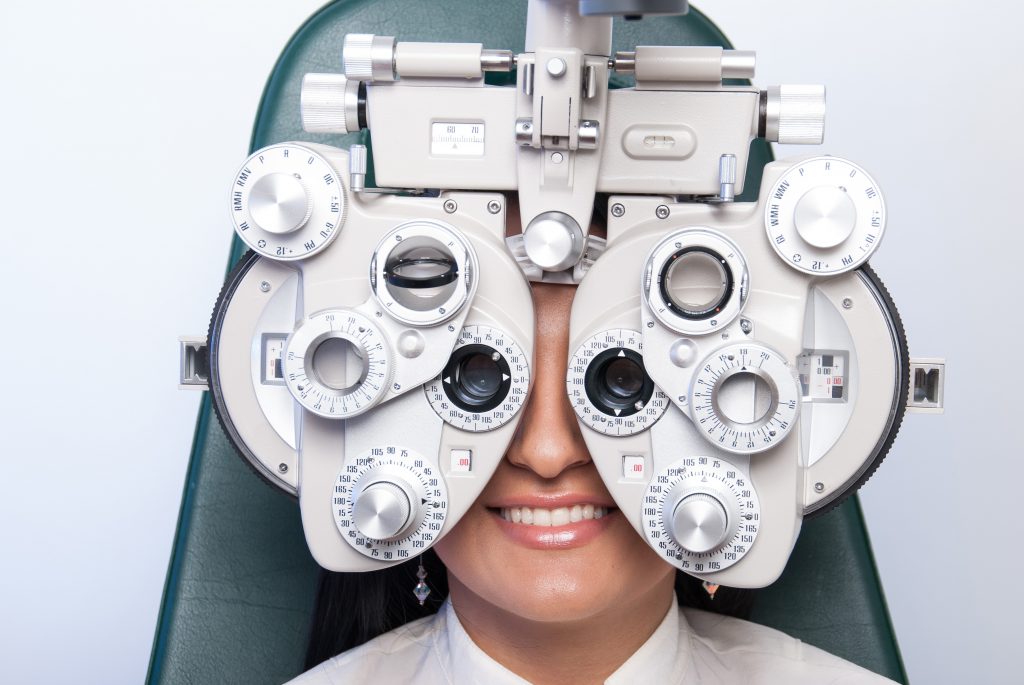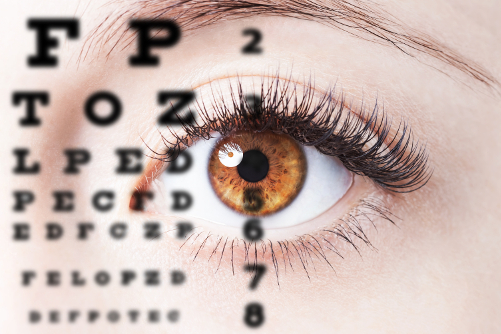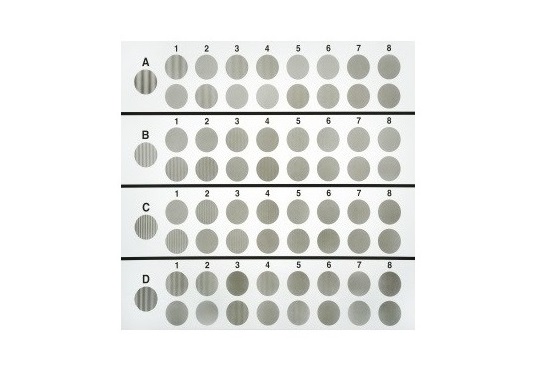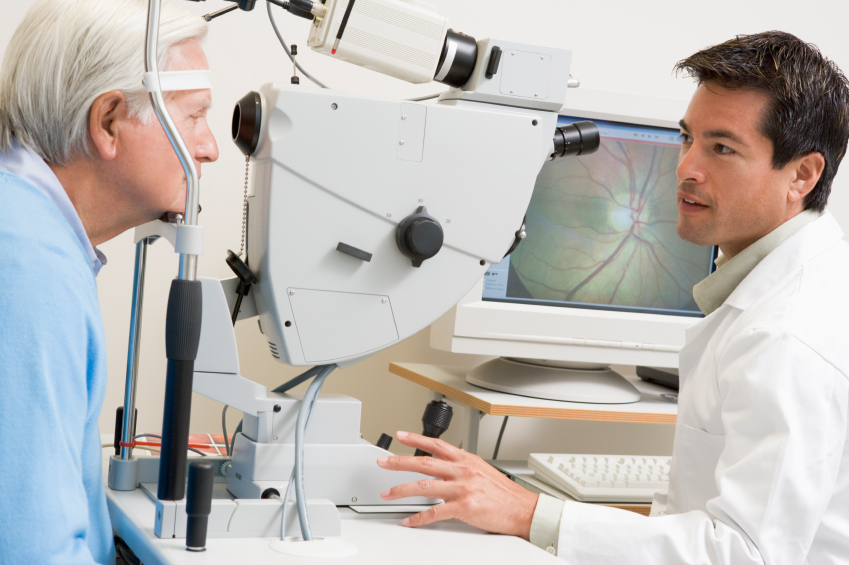Eye Exam Need to Know – Better Vision Guide
-

When was the last time you had an eye exam? Many people forego regular eye health maintenance, instead opting for vision care on an “as needed” basis. Unfortunately, this method often ends up leading to more serious vision problems and more expensive treatments. Routine comprehensive eye exams play an essential role in monitoring eye health and managing vision changes, be they age-related, trauma-induced or the result of some other underlying condition.
Here are 5 things you should know about eye exams:
-
1. What They Measure

A comprehensive eye exam is far more than simply reading from an eye chart. It involves a series of tests intended to evaluate vision health in addition to examining the functionality and appearance of the eye. Some of the tests associated with a comprehensive eye exam include:
- Visual Acuity Test: Measures clarity of vision
- Refraction Assessment: Measures hyperopia, myopia, astigmatism and presbyopia
- Color Blindness Test: Evaluates color vision
- Retinal Examination: Evaluates the back of the eye to check retinal health
- Glaucoma Screening: Fluid pressure test within the eye
- Ocular Motility Test: Measures smooth eye movement following a moving object
- Depth Perception Test: Stereopsis testing with 3D images to measure depth perception
- Visual Field Test: Perimetry testing evaluates your overall field of vision
- Cover Test: Measures how the eyes work together
- Slit-lamp Examination: Microscopic evaluation of the structure of the eye
- Eye Muscle Test: Evaluates the muscles that control eye movement
-
2. Contrast Sensitivity Testing

This test is not often performed as part of a routine eye exam, but can play an essential role in measuring visual function. As opposed to traditional visual acuity testing, contrast sensitivity testing measures light versus dark vision, which is imperative for establishing low-light vision (vision in fog, dusk, etc.).
Contrast sensitivity testing largely results from a specific patient complaint, or as a result of other eye health testing suggestive of a contrast sensitivity problem.
-
3. Optometrist or Ophthalmologist for an Eye Exam?

Many people wonder whether they should go to an optometrist or an ophthalmologist for an eye exam. The simple answer is you can choose either.
Optometrists offer many of the same services as ophthalmologists, the main difference being that optometrists do not perform corrective surgeries. Ophthalmologists have more training (medical school plus specialized residency training) than optometrists (four year optometry school), but both are equipped to provide most eye exam services. If the optometrist detects a problem that can be corrected with eye surgery, then you will likely be referred to an ophthalmologist.
If cost is a factor, it’s worth noting that an eye exam with an optometrist is typically less expensive than an exam with an ophthalmologist.
-
4. What They Cost

The cost of an eye exam can fluctuate depending on where you get the exam performed and what sort of vision insurance you have. Eye exams generally can cost as little as $50 (performed at retail centers, optical chains by an optometrist) or upwards of $250 (performed at a medical clinic or by a private eye doctor). On average, the cost of an eye exam is about $100.
-
5. Vision Insurance Covered?

As with any insurance policy, coverage varies, but most vision insurance policies offer some degree of coverage for annual eye exams. This may equate to a discount on service, or 100 percent coverage. In addition to helping offset the costs of eye exams, vision insurance typically provides some degree of coverage for eyeglasses (frames and lenses), contact lenses, and even discounts for corrective surgeries like LASIK and PRK.
-
6. Eye Exam Frequency

Barring any ongoing issues with your vision, it is recommended that you undergo a comprehensive eye exam every few years. If you are over the age of 40, have had corrective eye surgery, or have had multiple prescription changes, you may be advised to undergo more frequent exams (every one-to-two years) to better monitor eye health. According to the American Optometric Association, a child should undergo his/her first eye exam at six months.







